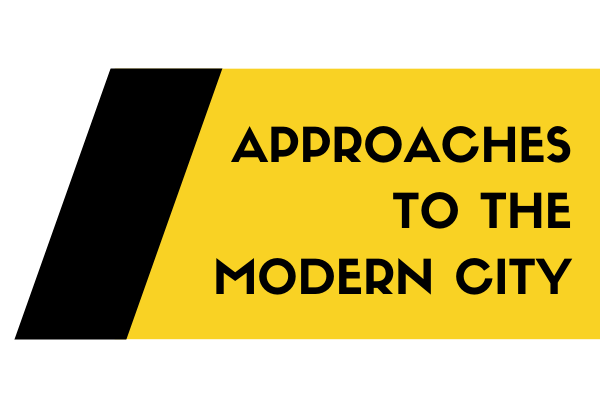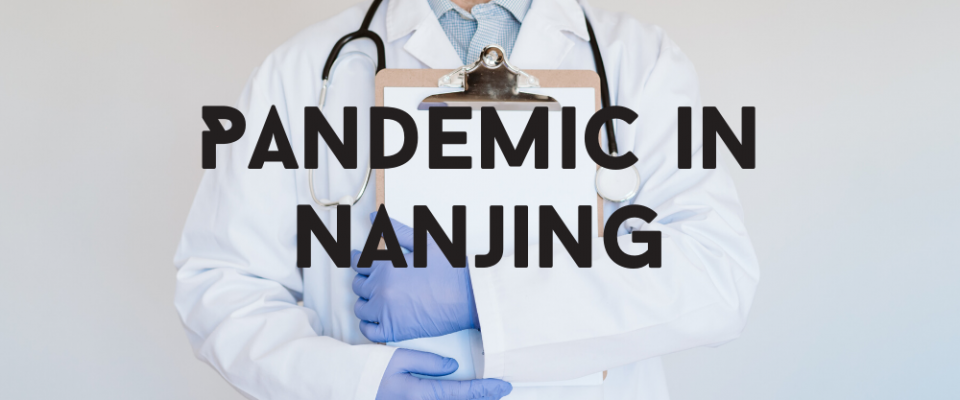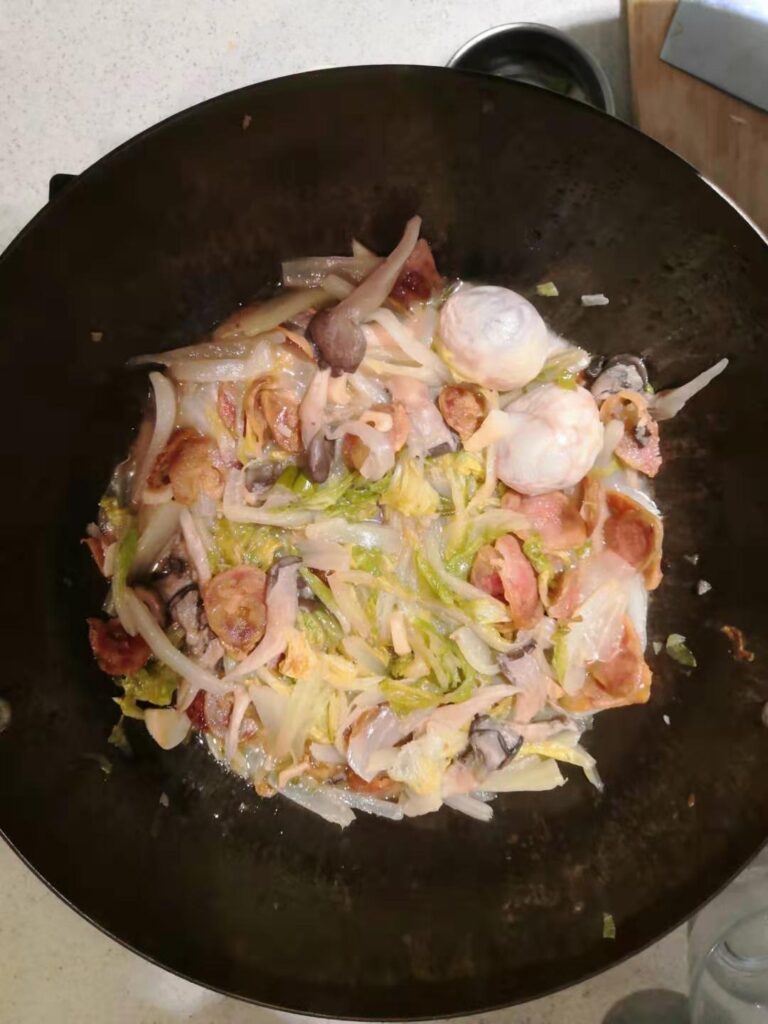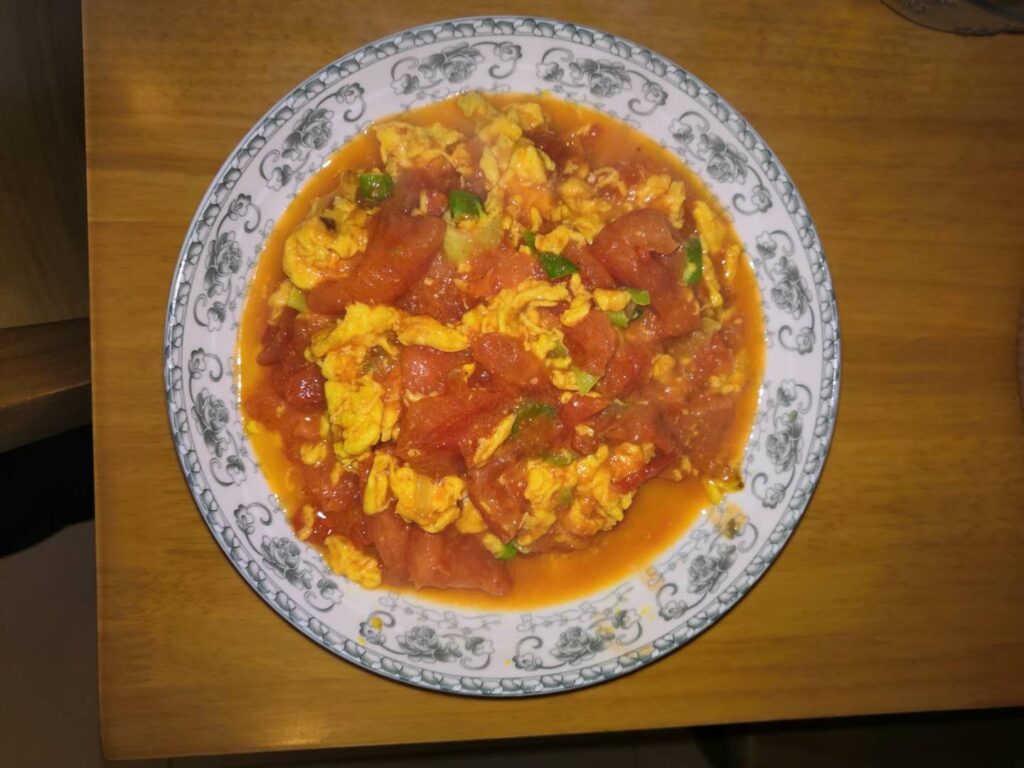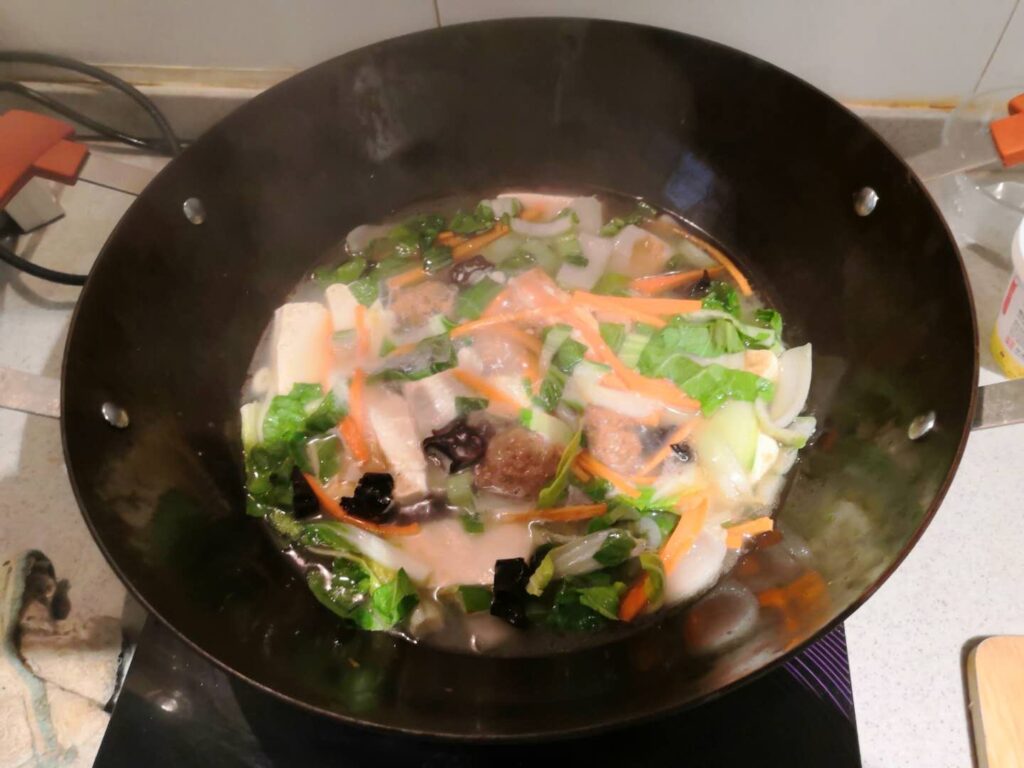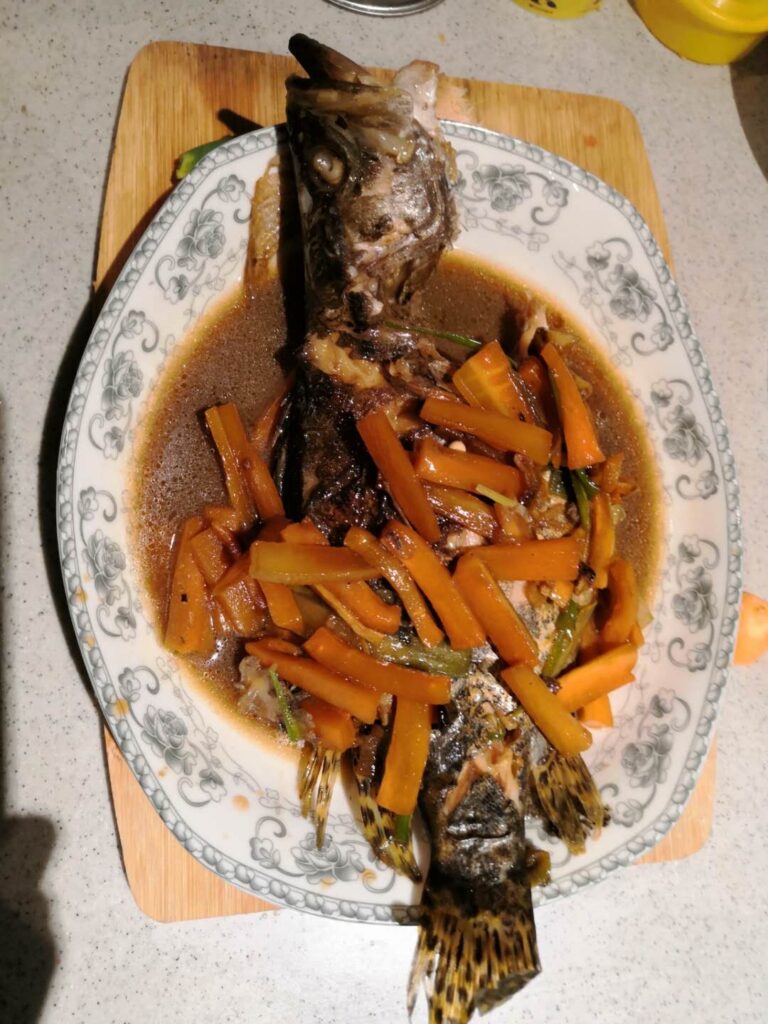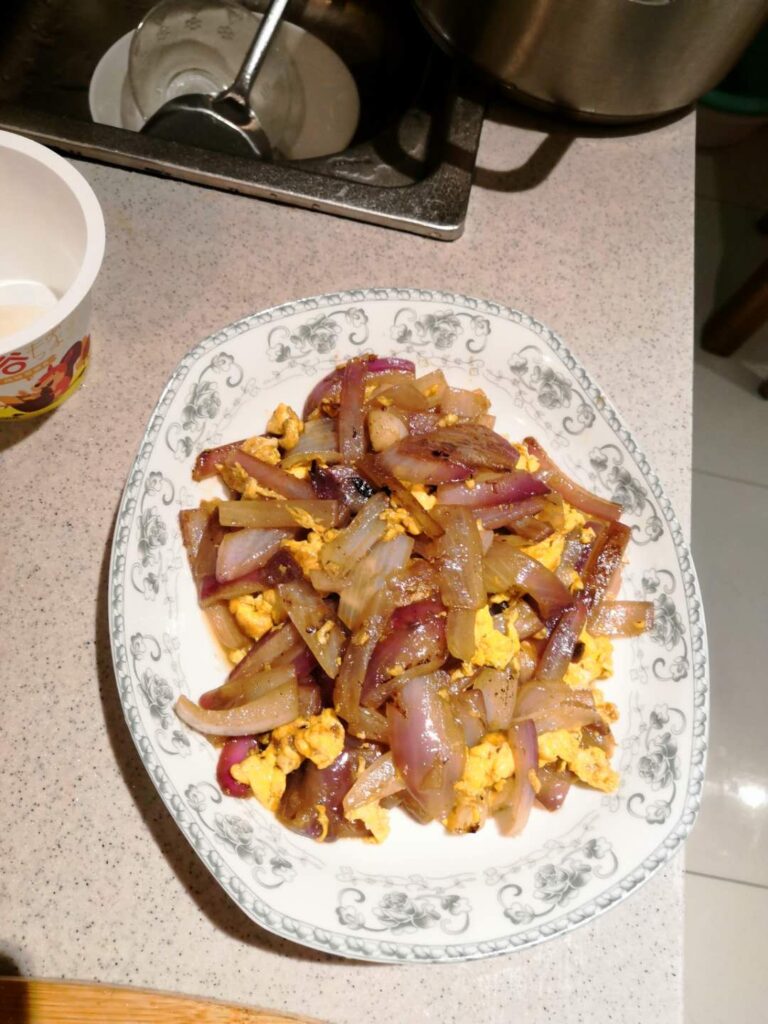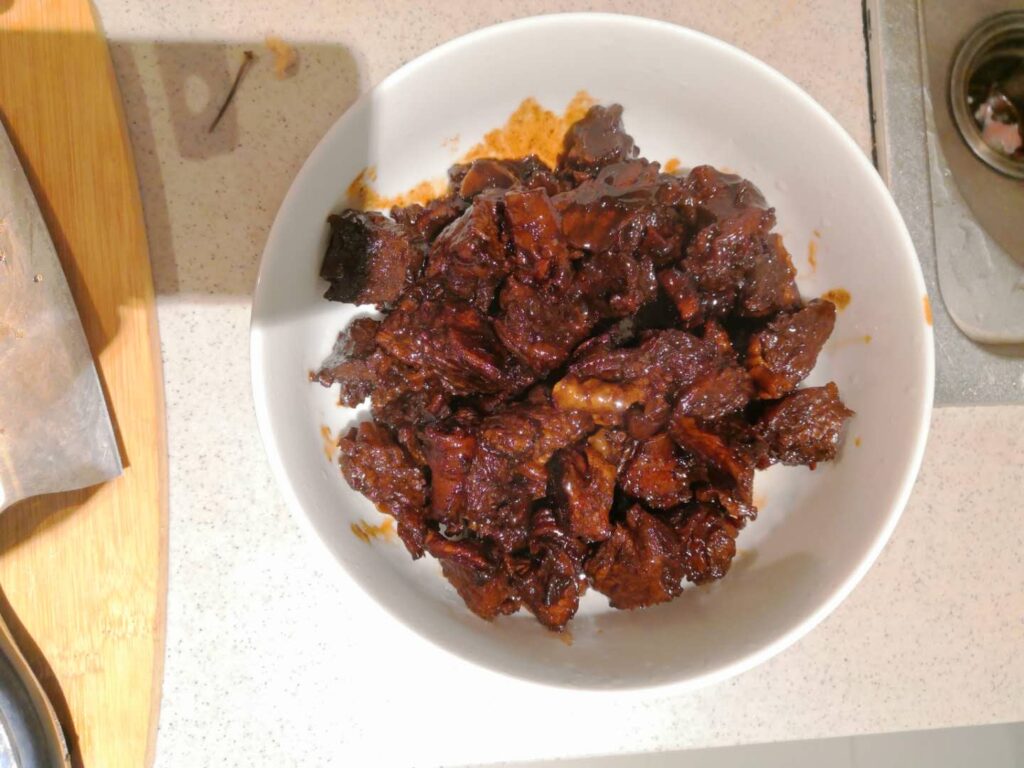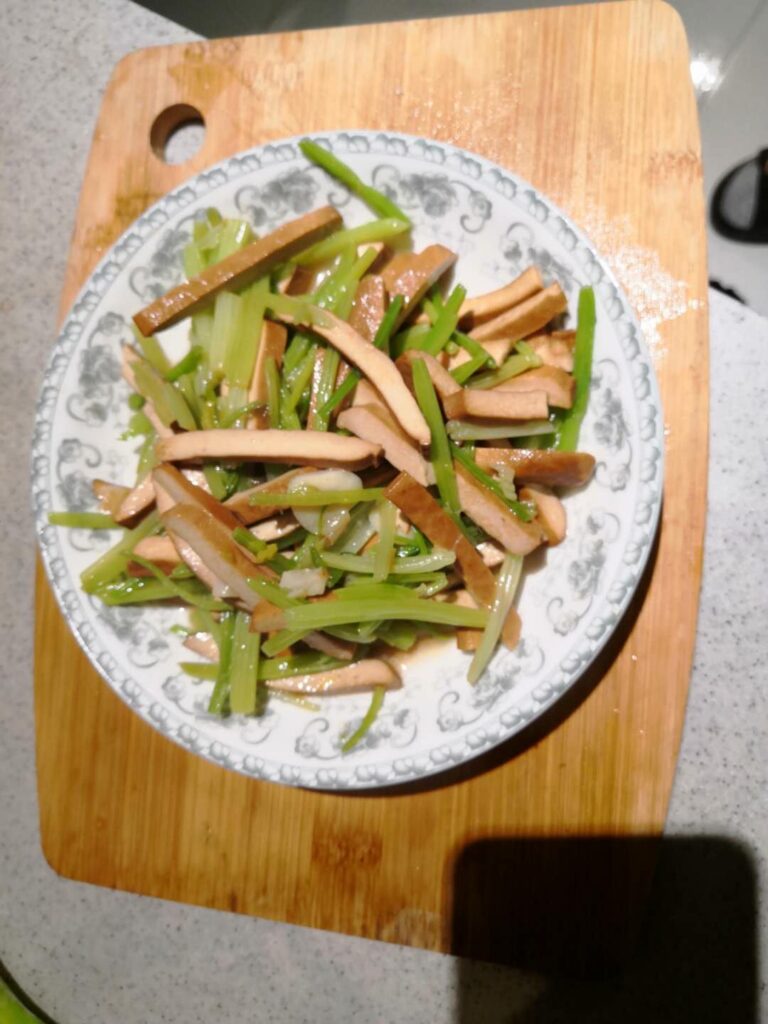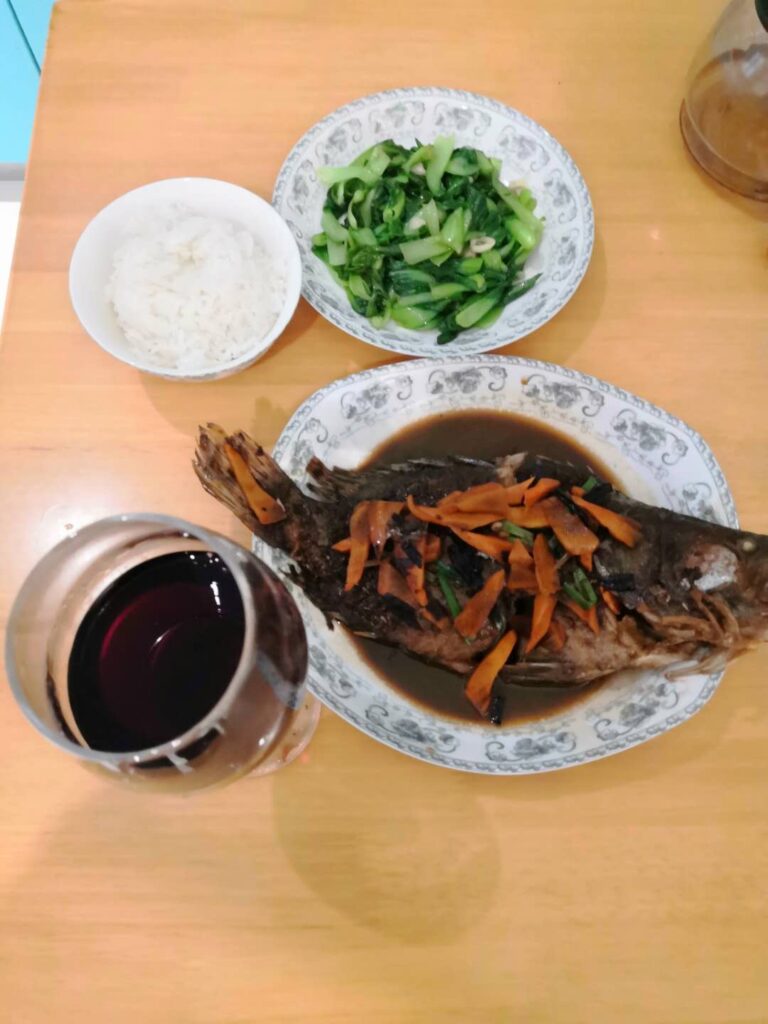By Kelly Liu
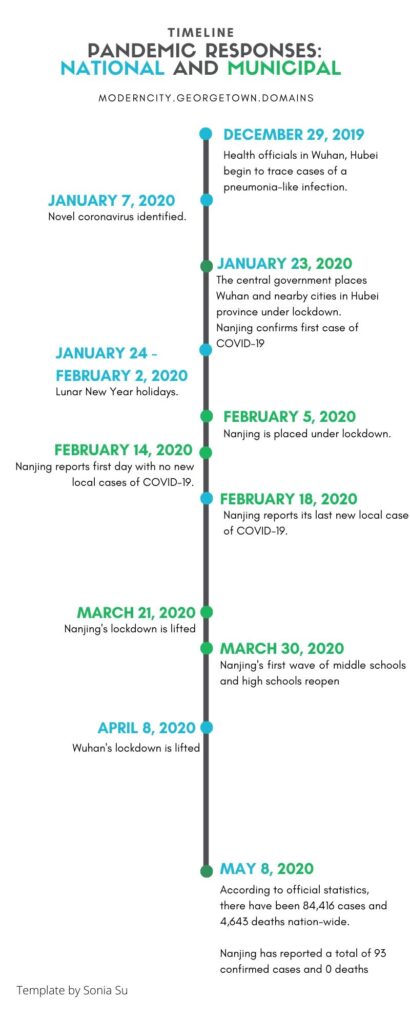
In December 2019, health authorities in Wuhan, Hubei discovered an outbreak of a pneumonia-like infection, which was shortly identified as a novel coronavirus, SARS-CoV2. Unfortunately, the coronavirus outbreak coincided with Lunar New Year’s festivities in mid-January, which rapidly spread the virus throughout the city and across the country. The central government reacted by placing Wuhan under lockdown on January 23, 2020, sealing its borders and closing down all non-essential businesses.[1] On the same day, Nanjing, which is approximately 460 kilometers northeast of Wuhan, confirmed its first case.[2] The central government extended the New Year’s holiday from January 30 to February 2 as it prepared to contain viral transmission by locking down large swathes of the country.[3] On February 5, the central government extended the lockdown to Nanjing, imposing travel restrictions and shuttering non-essential businesses.
Tasked with implementing the lockdown, the Nanjing municipal government ordered residential communities (shequ), work units (danwei), and villages (cun) to set up checkpoints to monitor residents’ movements, check temperatures, and ensure masks were worn. Residents were ordered to report their travel histories to the relevant local authorities, and those who had been in a high-risk area (Hubei province) were required to go into a fourteen-day self-quarantine.[4] The municipal government imposed additional local measures such as requiring taxi passengers to provide their contact information and requiring public transportation users to provide their travel histories.[5] On February 14, Nanjing reported its first twenty-four hours without new local cases. Nanjing’s last case of local transmission was on February 18. After fourteen days of no new cases, municipal authorities began preparing to reopen the city. On March 21, municipal authorities lifted the lockdown and announced that schools would reopen in staggered waves starting from March 30.[6] By mid-March, transmission was largely contained around the country. Wuhan, the centre of the outbreak, reopened on April 8.[7] As of May 8, the central government has officially confirmed 84,416 cases and 4,643 deaths. Nanjing has reported a total of 93 confirmed cases and 0 deaths.[8]
Table of Contents
Introduction
On April 4, 2020, I conducted a Skype interview with a Nanjing resident on his experiences during the city’s lockdown and gradual reopening. We discussed the interviewee’s daily life under lockdown, including his experiences working from home and shopping for groceries, as well as how his routine has changed since the city eased restrictions. The interviewee also spoke about his sources for local and international news and his memories of the 2003 SARS outbreak. At the end of our conversation, the interviewee shared his advice for people in the United States, who were just beginning life under shutdown and stay-at-home orders.
This interview was conducted through Skype in a mixture of English and Chinese. The interview was transcribed in full and then translated into English. Additional questions were followed up in an email exchange on April 27, which will be indicated where necessary. To maintain anonymity, the following narrative is an abbreviated summary of the interview that quotes liberally from the original transcript. As a result, the order of the summary differs slightly from the original interview. The interviewee is identified by his initials, MD.
Interviewee Profile
MD, age fifty-six, is a biochemist who works at a local university. As his wife works abroad, he lives alone in a one-bedroom apartment provided by his danwei (work unit) in downtown Nanjing. His building is an old-fashioned danwei housing unit with no lobby or elevators. It is located in a gated danwei compound with one other residential unit and a large, central field for recreational activities.
Life under Lockdown
MD first learned about the novel coronavirus in December 2019, during a visit to Toronto, Canada. However, the pandemic did not impact his daily life until the Lunar New Year’s holiday in late January, when friends in Wuhan began sending him news through WeChat. On January 19, 2020, MDtravelled from Nanjing to attend New Year’s celebrations in his hometown in Jiangxi. He remembered that by January 21, he was “already pretty careful about going out.” After returning to Nanjing on January 27, MDspent two weeks self-isolating and then shifted into social distancing (email, April 27). As of the interview on April 4, MD estimated that he had been social-distancing for “almost two months, plus ten days.”
MD said that life “completely changed” under the lockdown because he had to “stay inside all day,” work from home and cook for himself [because the danwei cafeteria shut down]. However, in our email exchange on April 27, he clarified that, in addition to grocery shopping, he took a walk in the neighborhood every other day after 9:00 PM.
Danwei Lockdown Measures
When the lockdown began, MD received a phone call from the local public security bureau asking if he was in Nanjing and if he had travelled to Wuhan (he said no). Shortly after, representatives from the local residents’ office came to his door to ask how many people lived in his apartment (“I told them it was just me”). They returned to give him an entrance card to the main gate of the danwei compound. When I asked for more details about the danwei’s lockdown measures through email on April 27, he said that the main entrance was controlled by staff hired by the local government to monitor residents’ comings and goings. Residents had to show their entrance card for admittance, but the rule was not strictly enforced “since it is not a commercial residence compound.” However, residents were strictly required to wear a mask if they wanted to leave the compound. MD found an N-95 mask in his apartment and re-used it for a month by cleaning it with a blow-dryer.
MD said that he had no interactions with other residents in the building, as he rarely left his apartment. The apartment to his left is empty and he does not know his other neighbours. In our email exchange, MD explained that the housing unit was originally built to accommodate the danwei’s unmarried male workers. However, during danwei reforms in the 1990s, many of the apartments were privatized and sold to their occupants. Thus, he is not familiar with other residents because most of them are not affiliated with the university danwei.
Shopping
When shopping for groceries and other essentials, MD relied on local small businesses, such as market stalls and convenience stores. This was largely due to safety concerns. Early in the lockdown, he found that shoppers in supermarkets were packed very densely, whereas he rarely saw other customers in small shops. However, he also wanted to support local shops that he frequented before the lockdown, especially the convenience store across the street from the danwei compound. “I know the owner of this [convenience store],” he said, “It’s very difficult to do business right now. If you go buy something you can support their business a little.” In our email correspondence, MD said that when he went out on walks he would drop by the store to buy cigarettes or red wine and to chat with the shopkeeper.
MD visited local markets once a week to buy meat and fresh produce. The markets were only allowed to operate until 1PM (email, April 27). Customers were required to wear masks and submit to temperature checks. MD did not notice any food shortages and did not experience problems buying what he wanted, except for face masks, which were sold out everywhere. However, his purchases were limited by what he could fit inside his small fridge and on his balcony so he did not feel like he had a generous or ample supply of food.
Meals
MD told me that he had “no choice” but to learn how to cook his own meals during the lockdown because the university’s cafeterias were closed. When I asked if he enjoys cooking, he replied that he’s “gotten used to it” but does not really have an interest in it. When I asked what he has been eating, he gave an extensive answer. He said:
Most of the time, I eat quite simply. For example, last week I made red-braised beef. So every day I would take a little out of the fridge to eat [for dinner]. Sometimes, I make stir-fried tomato and scrambled eggs. Sometimes I make a little preserved egg congee. (For pictures of his cooking see Fig. 1-7)
In the mornings, he drinks a pot of coffee, which he brews from a big tin of ground Tim Hortons coffee he bought in Canada— “Ah, luckily I bought that can of Tim Hortons!” He usually eats some bread or homemade wontons given to him by a young colleague before the New Year’s holiday. He has also been eating frozen buns that he received from his danwei for New Year’s (it is normal practice for the danwei to distribute holiday gifts to its employees). During the lockdown, a different colleague gave him “thirty-something buns, and they were the really big kind…I’ve been eating them for breakfast for almost a month now.” I asked if he has been craving anything in particular. He said that he has been content because he does not really care that much about food.
Working from Home
MD has been working from home since the end of the New Year’s holiday. He has to file a daily health report to his danwei through WeChat. While the university did not completely shut down, employees had to request permission every time they wanted to access their offices (email, April 27). MD did not return to work at the university because he could not run any experiments without his students, who were not allowed on campus. In the meantime, he worked on a grant application due in April. He found the grant application process was very stressful, compounding the overall discomfort of living under the lockdown. The application was originally due in March but the deadline was extended one month. For MD, the extension was both a relief and an additional hardship because it prolonged his stress. He noted that “if it weren’t for this grant application, maybe the days would be easier.” For the past two months, he has not allowed himself to enjoy activities such as reading novels or watching movies because he feared losing his concentration. In sum, he said, “I really hated [this experience].”
Friends and Family
MD has been relying on WeChat to stay in touch with friends and family in China and overseas. MD’s wife lives in Canada and his daughter lives in the United States. He cites concerns over their safety as his number one worry, saying, “I think people in our situation, three people living in three different countries, is really the most stressful.” He has been following developments in Canada and the United States, and expressed dissatisfaction with the governments’ inadequate preparation.
Comparing SARS and COVID-19
When I asked MD if he remembered SARs, he replied that he was living in Canada at the time so he did not really have first-hand experience of living through a pandemic. He does not think that SARs was a real public health threat because the disease was so deadly that it was easy to isolate cases and contain transmission. Moreover, he thinks that the severity of the virus and the widespread public panic compelled governments to take swift action.
In comparison, MD believes that governments failed to implement preventative measures against the pandemic “This time, I think that the transmission in North America wasn’t because of China transmitting it. It’s mostly because Western governments did not do anything.” He cited several possible reasons for this inaction. First, authorities “underestimated the real death rate” based on inaccurate statistics from China. Furthermore, “most patients exhibited very mild symptoms.” Lastly, he believes that susceptibility to the virus is linked to race, referring to Chinese studies that argue Asian people are more likely to be infected because they have more ACE-2 receptors. He suggested that Western governments knew of these studies and became complacent because they thought that non-Asian people “would not be easily infected.” He added that these studies have fuelled “conspiracy theories” within China that “the virus was something the Americans made to target Chinese people.”
MD also pointed out that “the new coronavirus really is just a subtype of SARS virus,” but officials and health authorities thought that naming it SARS would have frightened the public. He believes that if “they called it SARS from the beginning, then the world would have been more alert.”
Advice
Asked if there was anything he wanted to tell people in the United States, MD said “there is one thing that you really have to change: your attitude.” He expressed disappointment in the public’s lack of self-restraint, emphasizing that preventing the spread of the virus is “everyone’s responsibility.” In particular, he stressed the importance of wearing masks, citing it as a reason for Japan’s success in controlling transmission.
However, he expressed confidence in the quality of American medical treatment and in the capability of the American scientific community to develop a vaccine. He said that the United States “has the best scientists, best biotech, and medical companies in the world. When they really want to do something, they can do much better than anyone else.” Ultimately, “the [United States] is still the most capable country in this world” and it will “resolve all these problems very soon.”
News Sources
MD gets most of his news on international and national developments from unofficial internet sources and from friends through WeChat. He expressed skepticism about official media reports. For local developments in Nanjing, MD follows official city government announcements on WeChat. He also receives updates from friends, either through WeChat or through offline conversations.
Evaluating Municipal Responses
When asked if he thought the Nanjing municipal government has responded effectively to the pandemic, MD replied “it’s pretty okay.” However, he believed that lockdown policies “tend to go to another extreme” because authorities shut down manufacturers and shops without adequately considering how they can support business owners during the lockdown. “Maybe after several months, they [think] about how to do [a] little bit to help them. But in many ways, it’s too late.”
Reopening
In the interview, MD mentioned that Nanjing began easing restrictions in late March and the danwei compound stopped checking entrance cards. The night before, he and a colleague went for on a walk in Xuanwu hu park (a very large park and tourist attraction just outside the Old City walls. It is around a ten-minute walk from the interviewee’s residence). Shops and food stalls inside the park had all reopened. In our email exchange on April 27, I asked for more details on the process of reopening the city. MD said that some parks were allowed to reopen in early March and, afterwards, he noticed roadside stores slowly reopening. In late March, restaurants resumed operations. He felt “a bit relieved” to see the city reopen because he was “worried about local small businesses,” adding “those people need to survive.” On April 19, graduate students returned to the university. Around the same time, the university lifted entry restrictions on staff members. However, he has chosen to continue working from home for safety reasons. He still has to make daily health reports to the university.
Concluding Remarks
MD’s experience living under lockdown in Nanjing has been marked by stress and loneliness. The general discomfort of social distancing was compounded by MD’s unusual personal and professional circumstances. As his family lives overseas, MD has spent most of the lockdown alone inside his small danwei apartment working on a grant application. He stated that family separation is his greatest worry but also said he “hated” writing his application because it prevented him from enjoying activities that might have eased some of his stress and loneliness.
However, it seems MD found a coping strategy by establishing a daily routine. He mentioned specifically that he liked to start his mornings with a cup of coffee and go on a walk every other day after 9:00PM. Preparing his own meals provided structure to daily life. Food also seems to mark memory and time. For instance, MD noted that he ate thirty buns, one for every morning of the month.
MD’s account also illustrates the importance of personal networks as a trusted source of news and mutual help. MD stressed that he finds unofficial news sources more trustworthy, especially firsthand accounts from friends and colleagues. For instance, MD began to take precautions against the virus after friends in Wuhan sent him warnings through WeChat. MD also spoke about receiving help from colleagues, expressing gratitude for the food they brought him before and during the lockdown. Personal networks also fostered both a sense of safety and social obligation, as MD preferred to support friendly local shopkeepers, rather than patronize large supermarkets packed with strangers. In addition to sustaining local small business, dropping by the convenience store for cigarettes and conversation offered some relief from the monotony and loneliness of life under lockdown.
Although Nanjing is easing out of the lockdown, life has not returned to “normal” for MD. He continues to work from home, fearing recurrent outbreaks. Moreover, he remains worried about his family as the centre of the pandemic shifts overseas, though he also expressed confidence in the capability of the American scientific establishment.
Interviewer’s Reflection
This process of conducting, translating, and summarizing this interview presented several challenges. First of all, interviewing someone in China carries the inevitable risk of surveillance, which means that political topics should be approached with caution for the safety of the interviewee. I purposely avoided or redirected potentially sensitive discussions. In addition, it is also quite difficult to maintain nuances in tone and syntax when transcribing and then translating Chinese into English—the resulting narrative cannot completely capture the richness of individual expression. Finally, anonymization and summary has decontextualized the interview from the particular relationships between the interviewer and interviewee that informed the structure and content of discussion. Moreover, summary is inevitably an act of interpretation. While I have tried to remain faithful to the transcript, the formulation of a coherent narrative may have elided certain tensions and meaningful inconsistencies.
Notes
[1] “Hubei Timeline,” Johns Hopkins Coronavirus Resource Center, accessed May 10, 2020, https://coronavirus.jhu.edu/data/hubei-timeline.
[2] “疫情防控服务专区 [Epidemic Prevention and Control Service Area],” 南京市人民政府 [Nanjing Municipal Government], accessed May 10, 2020, http://www.nanjing.gov.cn/zt/yqfk/index.html.
[3] “China’s Cabinet to Extend Lunar New Year Holidays: State Broadcaster,” Reuters, January 26, 2020, https://www.reuters.com/article/us-china-health-holidays-idUSKBN1ZP0PQ.
[4] Rui Wu, “南京市深夜发布通告:全面实施小区封闭式管理 [Nanjing City Announcement: Fully Implement Residential Community Lockdown],” Xinhua, February 5, 2020, http://www.xinhuanet.com/politics/2020-02/05/c_1125532080.htm.
[5] Raymond Zhong and Paul Mozur, “To Tame Coronavirus, Mao-Style Social Control Blankets China,” The New York Times, February 15, 2020, https://www.nytimes.com/2020/02/15/business/china-coronavirus-lockdown.html.
[6] “南京市第17号通告 [Nanjing Circular No. 17],” 南京市人民政府 [Nanjing Municipal Government], March 21, 2020, http://www.nanjing.gov.cn/zt/yqfk/zccs/202003/t20200322_1816678.html.
[7] Nectar Gan, “China Lifts Lockdown on Wuhan as City Reemerges from Coronavirus Crisis,” CNN, April 8, 2020, https://www.cnn.com/2020/04/07/asia/coronavirus-wuhan-lockdown-lifted-intl-hnk/index.html.
[8] “疫情防控服务专区 [Epidemic Prevention and Control Service Area],” 南京市人民政府 [Nanjing Municipal Government], accessed May 10, 2020, http://www.nanjing.gov.cn/zt/yqfk/index.html.
Bibliography
“China’s Cabinet to Extend Lunar New Year Holidays: State Broadcaster.” Reuters, January 26, 2020. https://www.reuters.com/article/us-china-health-holidays-idUSKBN1ZP0PQ.
“Focus on Nanjing, China,” Trade Commissioner Service, Government of Canada. June 16, 2016. https://www.tradecommissioner.gc.ca/china-chine/market-facts-faits-sur-le-marche/96285.aspx?lang=eng.
Gan, Nectar. “China Lifts Lockdown on Wuhan as City Reemerges from Coronavirus Crisis.” CNN, April 8, 2020. https://www.cnn.com/2020/04/07/asia/coronavirus-wuhan-lockdown-lifted-intl-hnk/index.html.
Johns Hopkins Coronavirus Resource Center. “Hubei Timeline.” Accessed May 10, 2020. https://coronavirus.jhu.edu/data/hubei-timeline.
Musgrove, Charles D. “Building a Dream:: Constructing a National Capital in Nanjing, 1927–1937.” In Remaking the Chinese City, edited by Joseph W. Esherick, 139–58. Honolulu: University of Hawai’i Press, 1999.
World Population Review. “Nanjing Population 2020.” Accessed May 10, 2020. https://worldpopulationreview.com/world-cities/nanjing-population/.
“Top 10 Chinese Cities by per Capita GDP in 2019.” China Daily, April 27, 2020. http://global.chinadaily.com.cn/a/202004/27/WS5ea60b68a310a8b241151c50_6.html.
Wu, Rui. “南京市深夜发布通告:全面实施小区封闭式管理 [Nanjing City Announcement: Fully Implement Residential Community Lockdown].” Xinhua, February 5, 2020. http://www.xinhuanet.com/politics/2020-02/05/c_1125532080.htm.
Zhong, Raymond, and Paul Mozur. “To Tame Coronavirus, Mao-Style Social Control Blankets China.” The New York Times, February 15, 2020, sec. Business. https://www.nytimes.com/2020/02/15/business/china-coronavirus-lockdown.html.
南京市人民政府 [Nanjing Municipal Government]. “南京市第17号通告 [Nanjing Circular No. 17],” March 21, 2020. http://www.nanjing.gov.cn/zt/yqfk/zccs/202003/t20200322_1816678.html.
南京市人民政府 [Nanjing Municipal Government]. “疫情防控服务专区 [Epidemic Prevention and Control Service Area].” Accessed May 10, 2020. http://www.nanjing.gov.cn/zt/yqfk/index.html.
